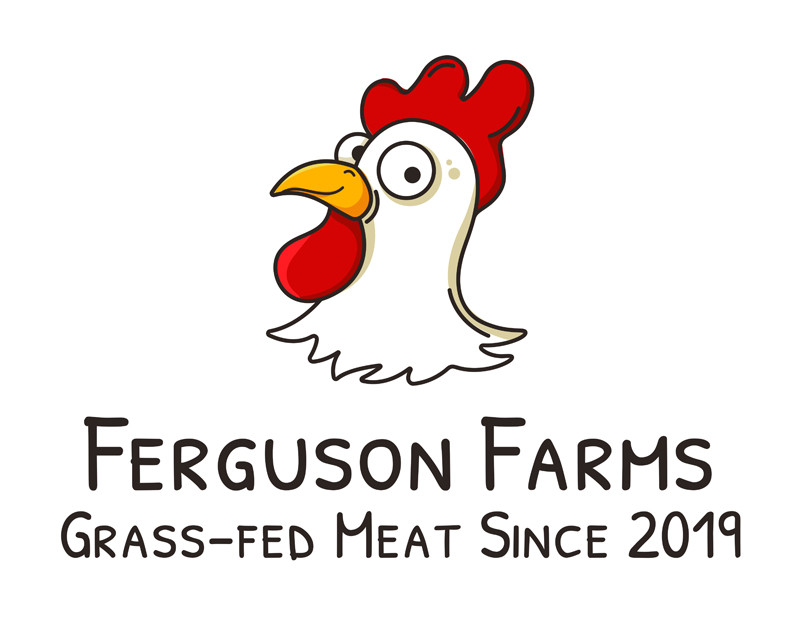Where can I found nutritional information for your products?
posted on
September 17, 2021
At this time, we do not collect nutritional information because of the added cost associated. Also, there are many added variables with meat products that make it almost impossible to acquire accurate information for every pound of meat.
Like many other suppliers, we could display nutritional information from the average conventionally raised animal in order to avoid the very costly fees to test our own. However, this information certainly wouldn't be accurate and still would add additional cost in labor and packaging. However, if you're still interested in this information, it can easily be accessed here.
Ultimately, we'd never want to forward any cost onto the price of our product that doesn't bring accurate value to our customers.




